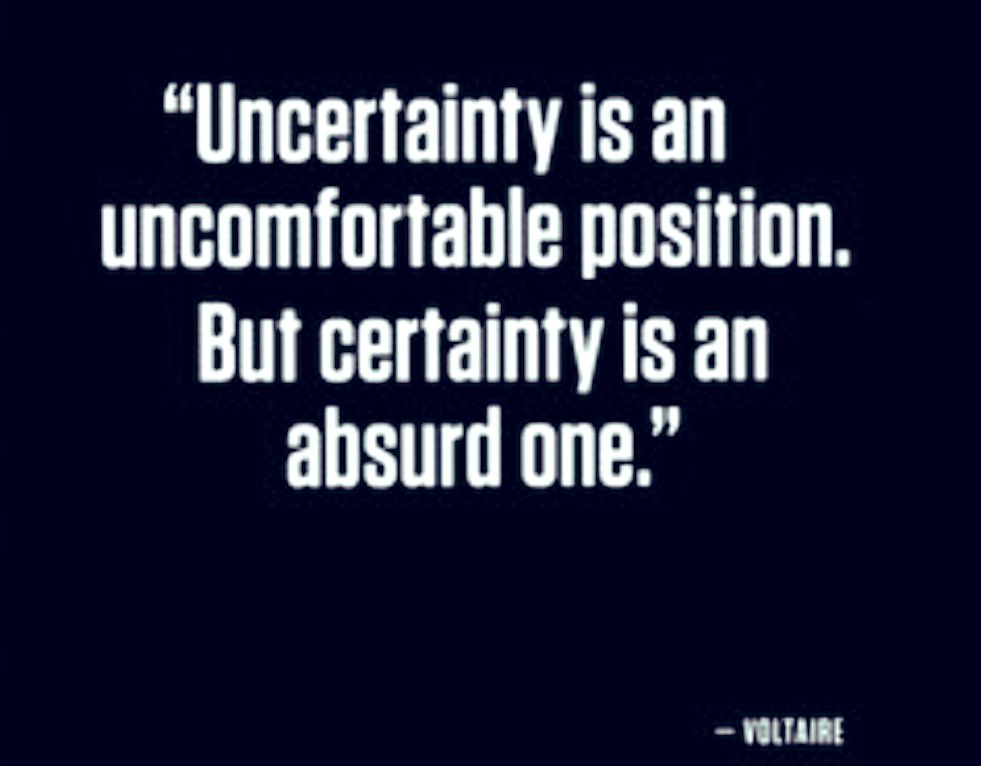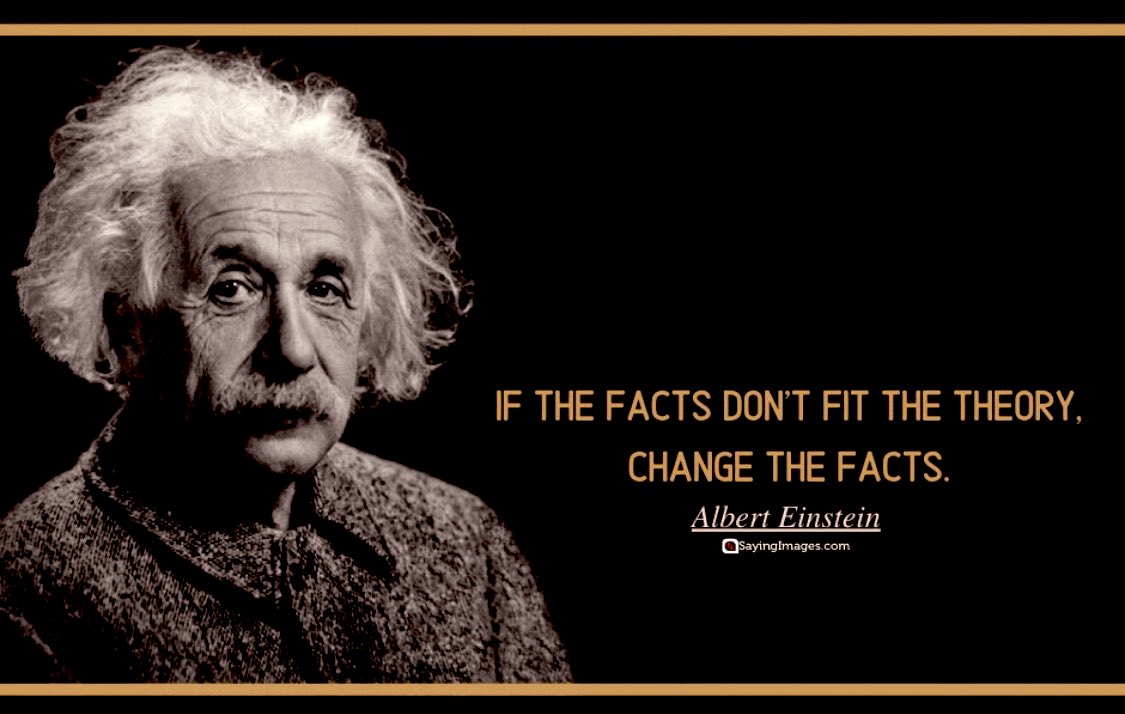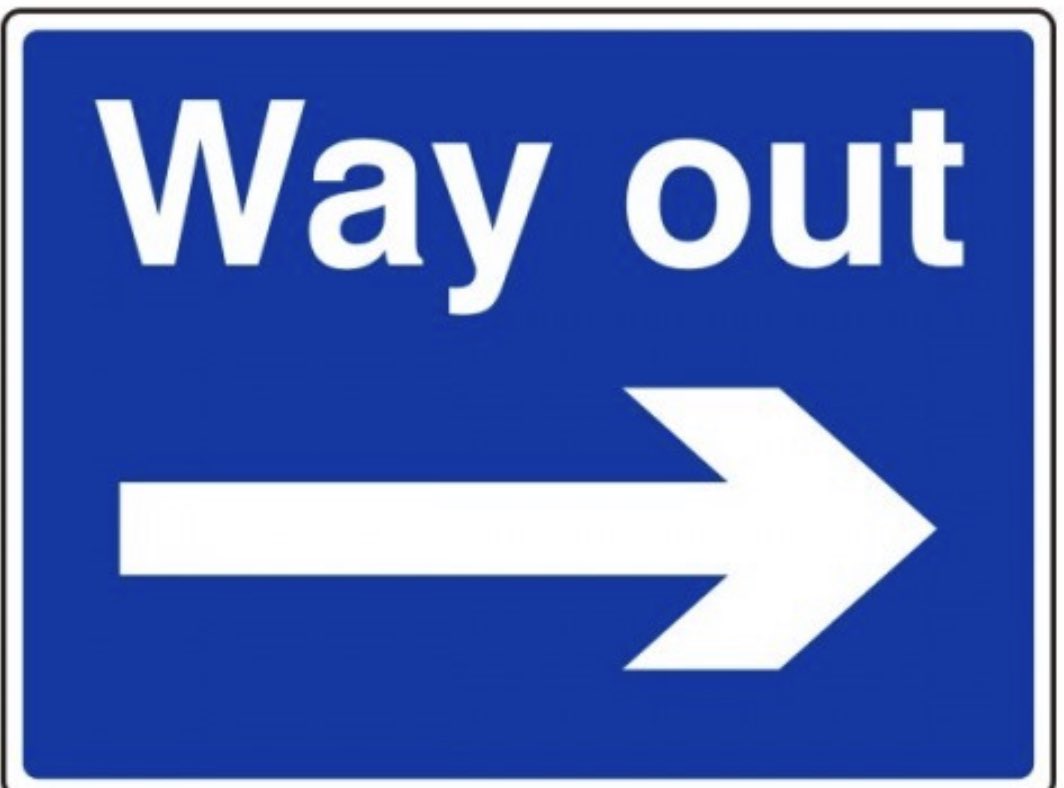The SARS-CoV-2 pandemic has highlighted the varied responses of humans to uncertainty: A new virus has many unknowns. People have declared themselves certain on a variety of topics from public health measures to therapies for COVID to healthcare provision 1/n
Much of the certainty has been in the absence of high quality data to support the positions asserted. Am no psychologist, but do wonder if this is an attempt to find fixed points of reference in an uncertain minefield. However, certainty in the absence of data comes at a cost 2/n
Good science works by raising a hypothesis, then designing the best experiment you can to prove that it is NOT correct. Facts are merely things that have yet to be proven incorrect. In 2020 we have often accepted “facts” that don’t meet these standards - why? 3/n
The time has come for us to acknowledge our cognitive biases & admit that scientists struggle with uncertainty as much as everyone else. We don’t know as much about COVID-19 as is often claimed & refusing to admit that is holding back progress and weakening trust in science. 4/n
The way to deal with uncertainty is to design the best experiments we can in an attempt to prove our hypotheses wrong, not design expts aimed at confirming them. Then, when ideas are shown to be incorrect, we need to reflect on what we have learned & make a new hypothesis.etc 5/n

 Read on Twitter
Read on Twitter





